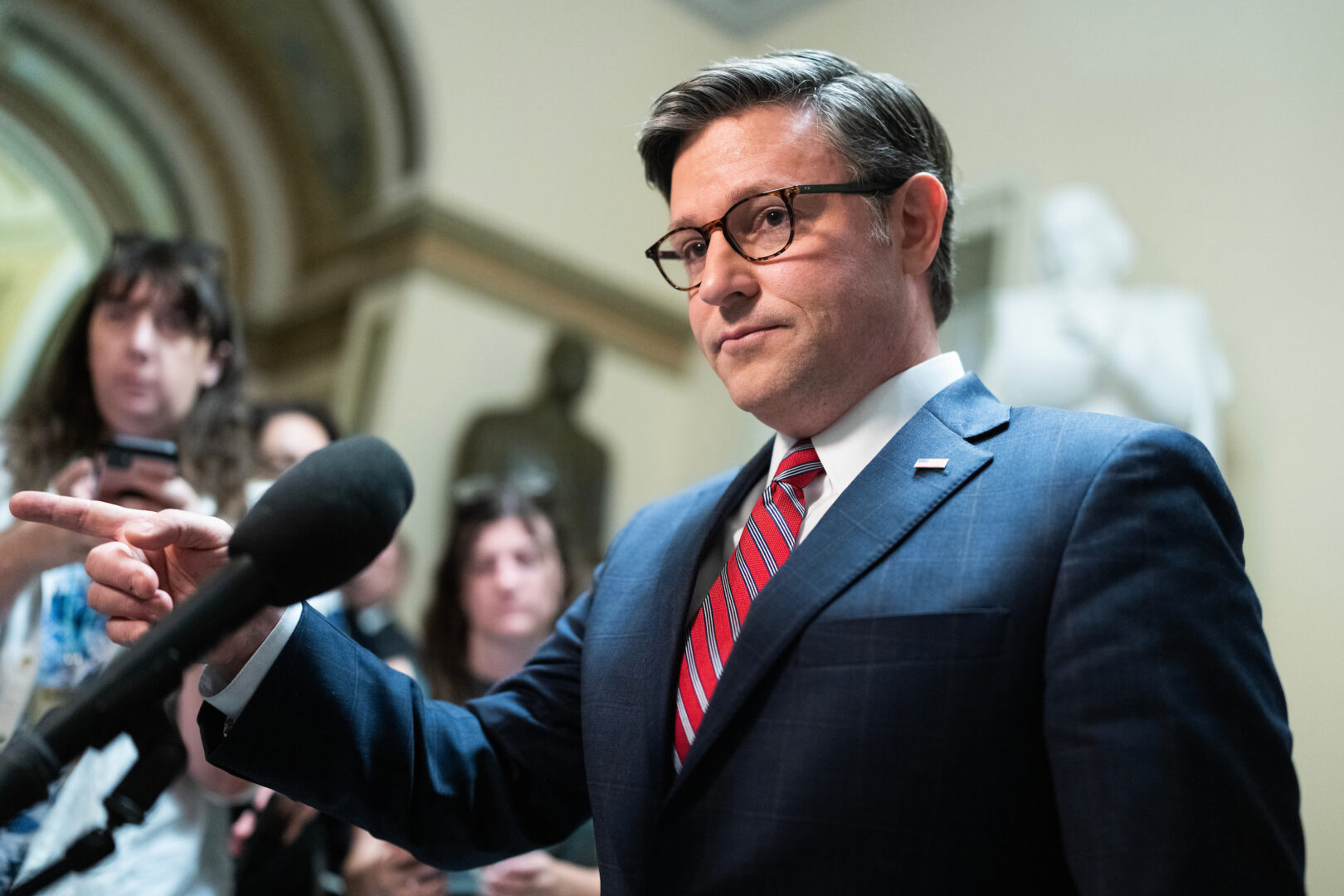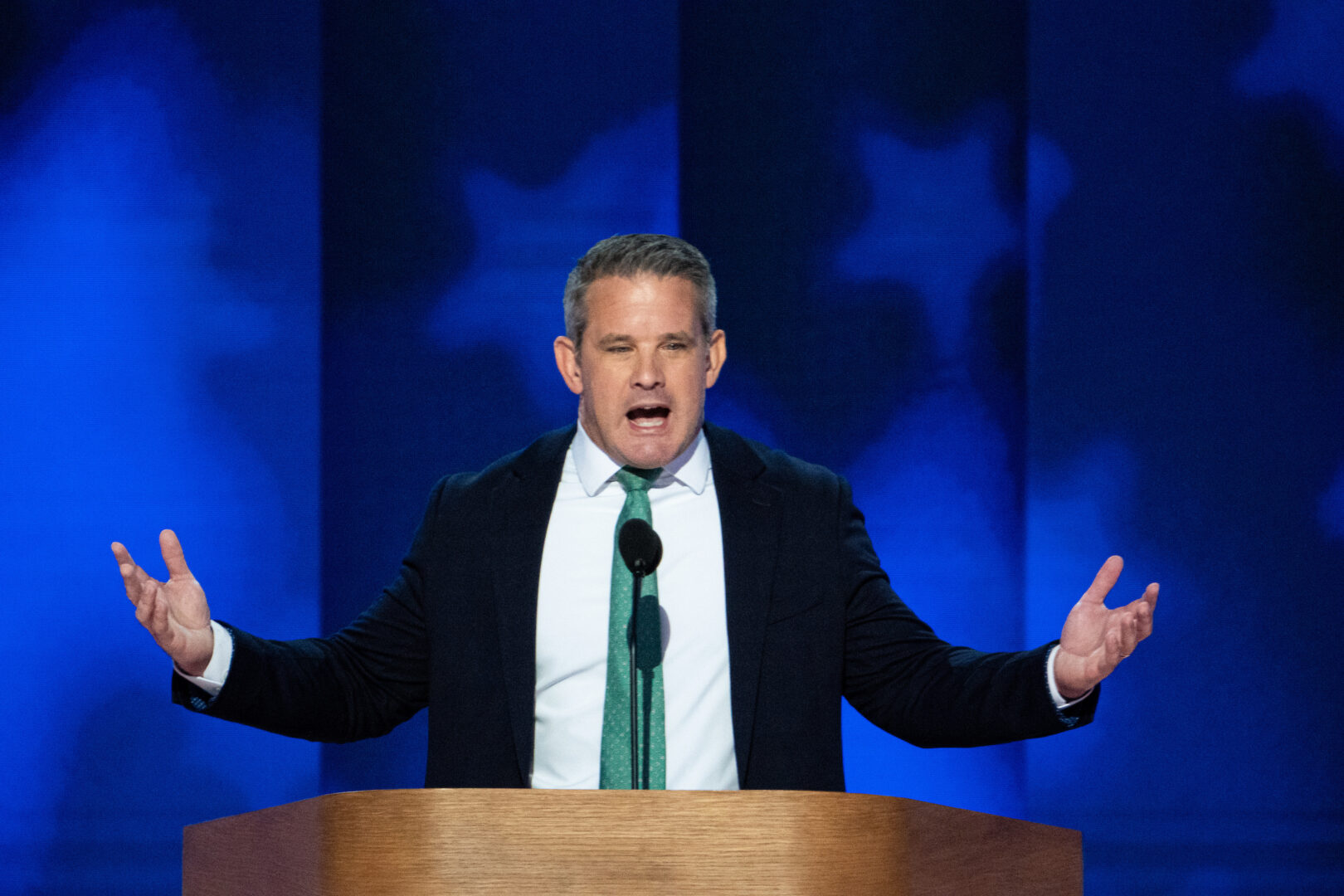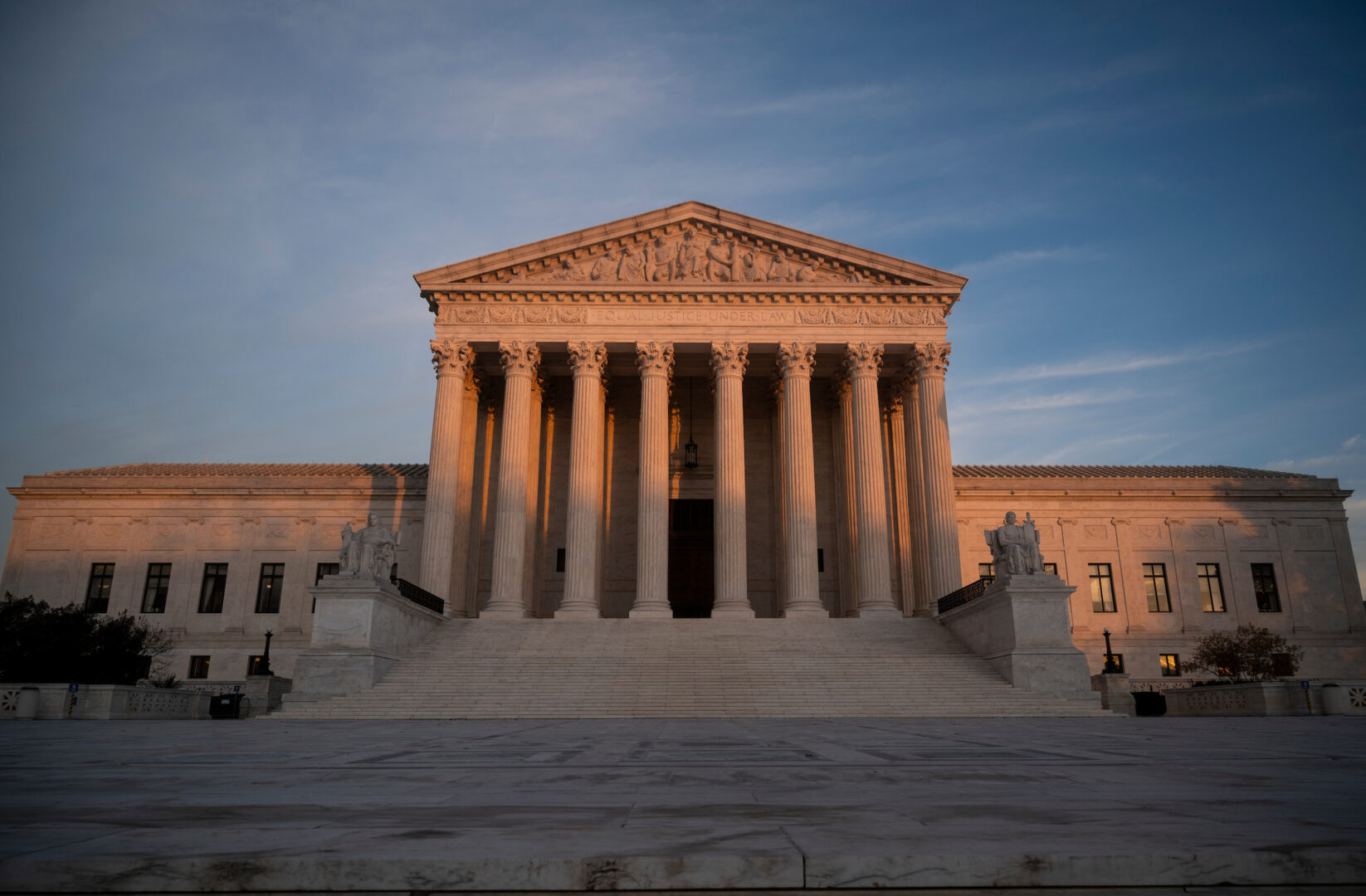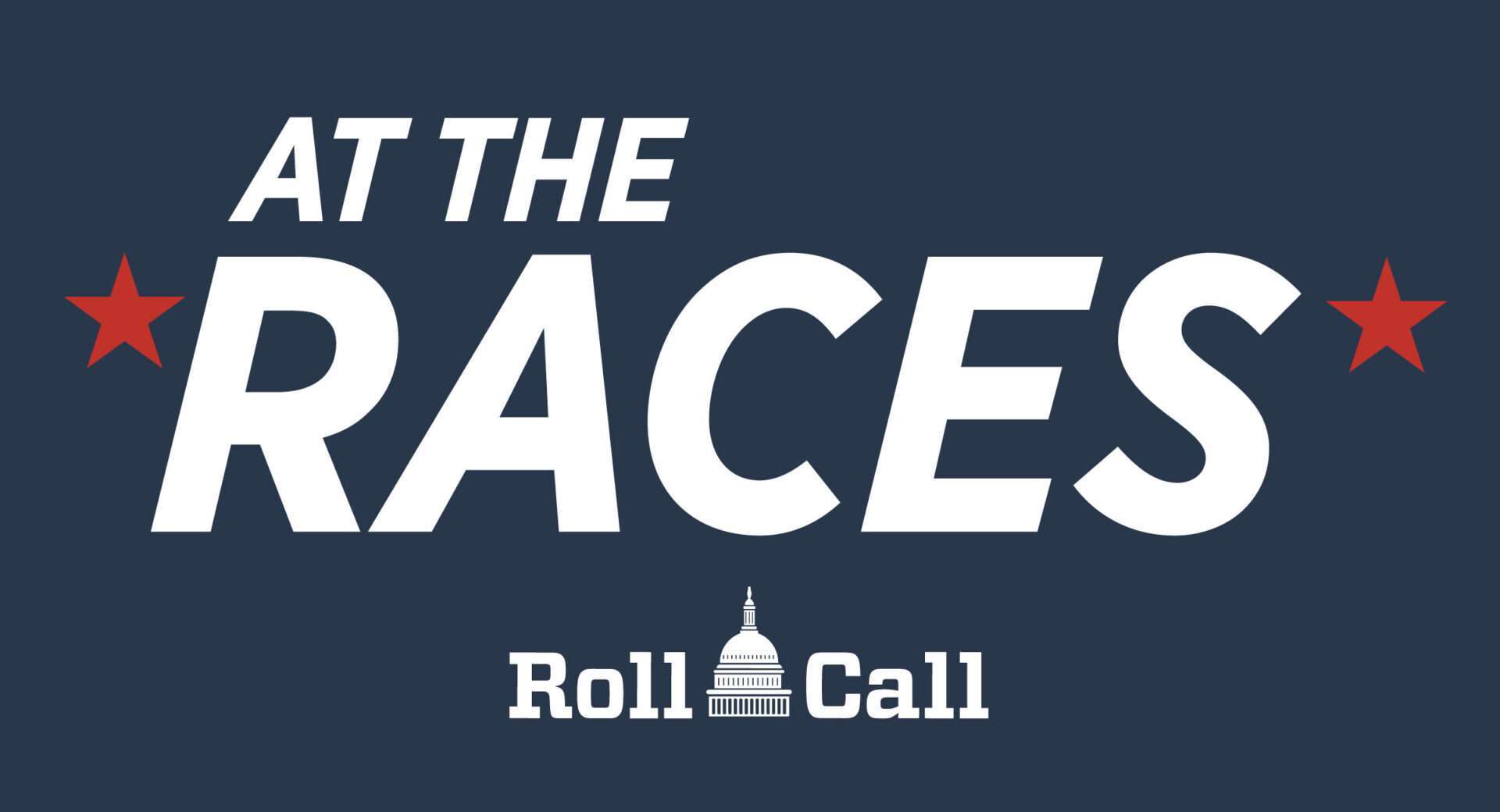Facing push from restless conservatives, speaker mulls March CR
Six-month stopgap would delay new spending bills until a new Congress is sworn in

Speaker Mike Johnson is weighing a six-month stopgap funding measure that would kick the fiscal 2025 appropriations wrap-up into the next Congress, a move that could appease conservatives but put the speaker at odds with appropriators.
Government spending will be at the top of Congress’ to-do list in September, before members head back out to the campaign trail in October. With the end of the fiscal year arriving Sept. 30 and slim odds of any full-year spending bills being signed by then, Johnson, R-La., is looking at a continuing resolution that would go into March, avoiding a Christmas pileup of unfinished legislation and potentially giving Republicans more leverage over the final outcome.
That’s in line with what the ultraconservative House Freedom Caucus asked for in a Monday statement, urging passage of a CR that runs “into early 2025” so as not to “undermine President [Donald] Trump’s second term with a ‘lame duck’ omnibus in December.” But House Appropriations Chairman Tom Cole, R-Okla., and Senate and House Democrats have made clear their preference to wrap up the fiscal 2025 process during the lame-duck session, though Cole has also said the incoming president should have say.
Rep. Marjorie Taylor Greene, R-Ga., who is not a Freedom Caucus member, wrote Tuesday on X, the social media platform formerly known as Twitter, that Johnson is talking to moderate Republicans and “trying to get their support for a 6 month CR to be passed before the upcoming Sept. 30 government funding deadline.”
Sources familiar with Johnson’s thinking say the speaker is at least considering the six-month option, and a spokesperson said he is discussing the decision with members of his conference.
“As he always does, Speaker Johnson is sounding out members from across the conference on the best path forward, not any single faction,” the spokesperson said. “The House will continue its successful effort to responsibly fund the government when it returns from the district work period.”
The Freedom Caucus had requested Johnson end the August recess early to work on appropriations bills, a step Johnson has not indicated he would take. The group has also asked that Johnson include in the CR a bill to prevent noncitizens from voting in federal elections, something that is already forbidden by federal law.
That legislation is anathema to most Democrats. Senate Appropriations Chair Patty Murray, D-Wash., said in a Tuesday statement that that bill is a “partisan scare tactic” as it is already illegal for noncitizens to vote. She also called for the process to wrap up before the end of this year.
“Demanding outrageous partisan poison pills is a nonstarter — we’ve seen this movie before and we know how it ends,” Murray said.
Greene, a longtime Johnson foe who unsuccessfully sought to oust the speaker in May, wrote on X that the speaker is “NOT talking to us conservatives because we demand that he actually negotiate with Schumer to include our agenda items like the [election integrity bill] instead of just clean passing another Continuing Resolution of the Democrat’s budget, which just keeps happening.”
Johnson’s calculus is complicated by the post-election leadership tussle. To retain power, he may need to limit the number of holdouts against his speakership bid if Republicans retain control of the House.
But given the increasing odds — if recent polling is accurate — of Democrats retaining the White House and potentially making gains in the House, there is a belief on and off Capitol Hill that Murray and Senate Majority Leader Charles E. Schumer, D-N.Y., will seek to extend current funding until just after the elections.
Appropriations watchers have circled three potential dates that a short-term stopgap measure could run to: Nov. 15, Dec. 6 or Dec. 13. This would give Democratic leaders the option, if things go their way in November, to push for an appropriations finale in calendar year 2024 rather than let the issues keep simmering into next year. Some or all of the bills could still be folded into a second CR that punts remaining issues into 2025, if they run out of time in the lame-duck session.





